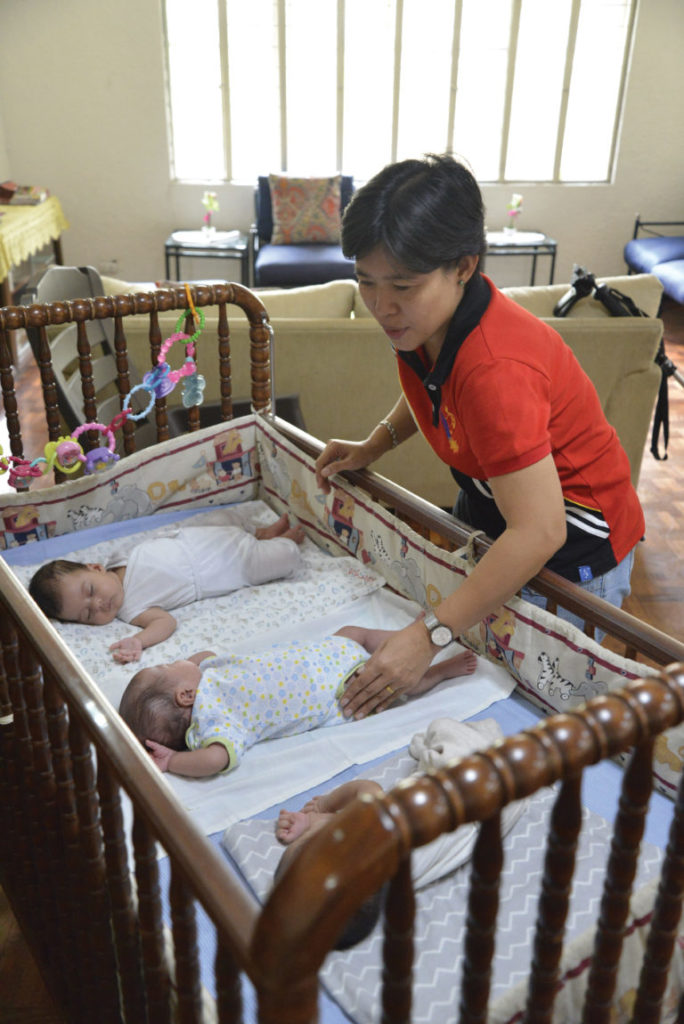
Domestic violence is pervasive in many impoverished communities. But sponsors help women and girls to be safe, and start again.
Laya’s husband abused her every night. With few job skills, education and no money, she fled from her home in Cebu to Manila to find work after she became pregnant with her third child.
But, the sprawling city was more unforgiving than she expected. She found herself homeless and alone.
That’s when she found safety and support at the Nazareth Home, a shelter that Holt donors support in Manila, Philippines for single and expectant mothers.
Among Holt’s country programs and partnerships around the world, most are not specifically designed to help children and women in situations of domestic violence. But in many cases, they are particularly effective at helping families in crisis, especially single mothers struggling to support their children after leaving an abusive situation.
And sadly, in many of the communities where Holt has programs, physical and sexual violence against women and children is a crisis that is both pervasive and rarely talked about.
There are a number of reasons why — and those reasons vary from place to place. But, generally, many developing countries lack child welfare programs, community police forces or systems of reporting abuse. In some places, women can’t open bank accounts or buy property without their spouse. There is little awareness education about physical and sexual violence so many women and children don’t even realize they have rights against their abuser. Even if they did, they may live in a very isolated region or have few or no ways to report the crime. And if they do report the crime, women or their children may face violent backlash or be shamed and blamed for falling victim in the first place.
Holt Senior Vice President of Programs Caryl García says that child sponsors help to combat the prevalence of domestic violence in impoverished communities.
“Because domestic violence is so pervasive, many of our staff and partners in the U.S. and abroad educate women and children about it,” Caryl says. “Holt provides counseling services and support to women who want to start a new life. Our social workers help children, women and families find safety and recover from abuse. We also train other organizations to keep children and women safe from domestic abuse. This way, our child sponsors are a critical part of preventing domestic violence and helping women and children escape domestic violence.”
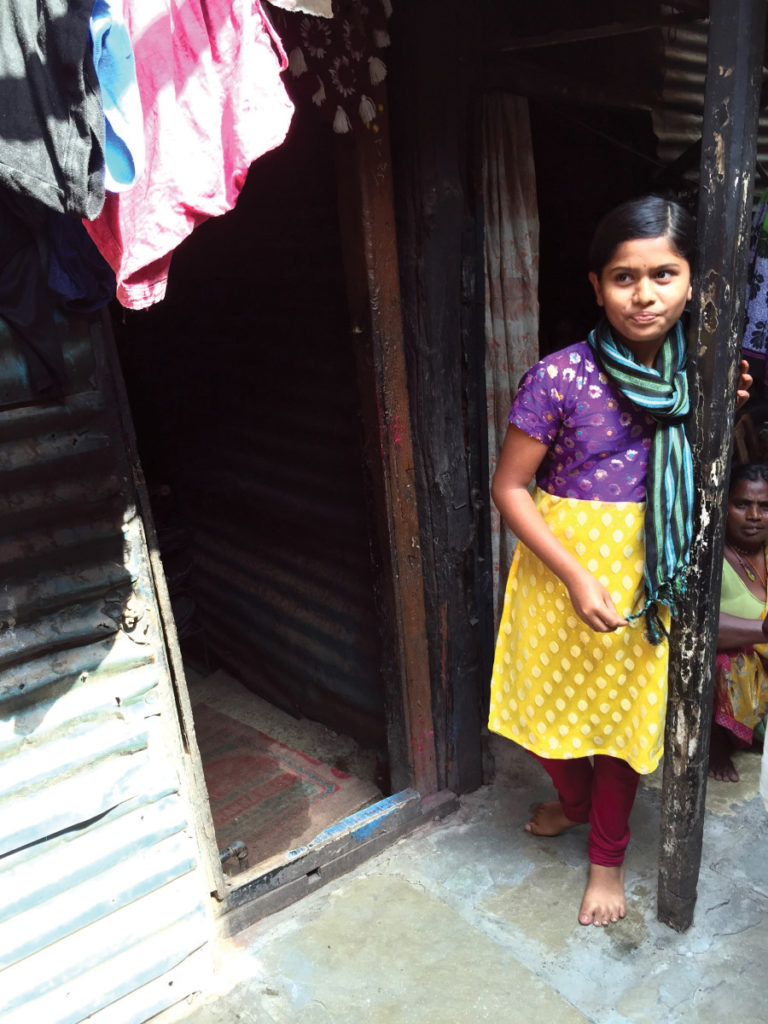
In some cases, Holt does provide direct support to organizations whose sole focus is preventing domestic violence. Last year, Holt donors began supporting a domestic violence shelter in Ulaanbaatar, Mongolia — meeting essential needs for women and children, including medical care, nutritional assistance and school supplies for children, many of whom had to leave all of their belongings behind when they fled their abuser.
In Bangalore, India, the staff of Holt’s longtime partner, Vathsalya Charitable Trust, regularly asks children whether their parents are fighting and watches for issues that could indicate violence in the home.
Across India, sexual abuse is rampant, targeting girls as young as 3, and in several communities, Holt donors support education programs that empower school-aged girls and women with knowledge about their rights, and how to recognize and report abusive actions.
Holt’s India program manager, Bhumika Tulalwar, says that while national education and community conversations around rape are rising, they are still not widespread, so the education that our partners provide is very important for women.
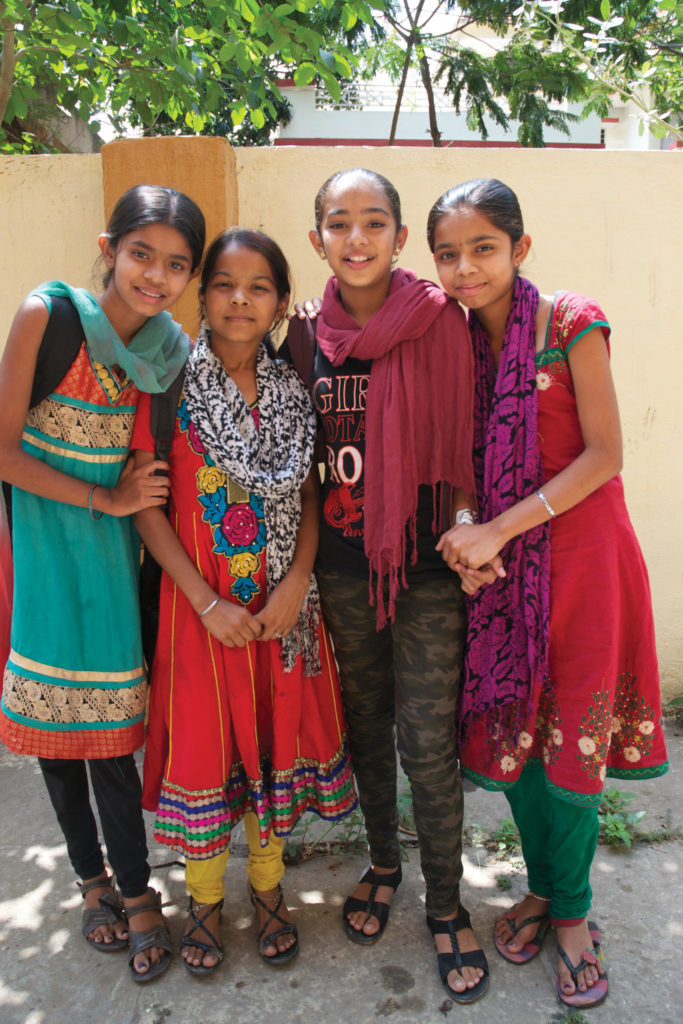
“Although domestic violence occurs in all settings, abused women from the slums face distinct barriers in obtaining support and services,” Bhumika says, quoting a report from our partner Bharatiya Samaj Seva Kendra (BSSK). “They are especially at risk of poor health outcomes. Slum environments are characterized by low socio-economic status, unhealthy living conditions, and lack of basic services. These aspects play a role in women’s vulnerability to abuse and their inability to break free from abusive relationships.”
“Although domestic violence occurs in all settings, abused women from the slums face distinct barriers in obtaining support and services.”
Bhumika Tuluwar, India Program Manager
In other parts of India, Holt sponsors support children who live at a boarding school in Dehli — a safe haven for girls who come from violent or unstable backgrounds — and in Pune, a community center run by our partner BSSK offers educational summer camps for children and teens that openly address gender-based violence, rape culture and abuse awareness as part of their activities.
Bhumika says teaching children about victim blaming is an important part of their curriculum.
“Women who are victims of domestic abuse feel that the abuse is their fault and she has made a mistake,” Bhumika says. “Broken marriages, single women and divorce are stigmatized in the Indian culture. Many women prefer to keep silence in the best interest of their children. But domestic abuse has far-reaching psychological effects on children. They may consider abuse ‘normal’ and are more likely to be abusive or abused in their marital relationships.”
Laya already had two children — a 4-year-old and a 5-year-old — when she sought refuge at Nazareth Home in Manila.
This shelter is one of very few for women facing unplanned pregnancies, and the shelter staff helped Laya receive some formal training to hone her skills as a beautician. They connected her with additional social services, gave her a free place to stay while she got her feet back under her, and helped her make a parenting plan for her baby and two children. At Nazareth Home, Laya met Angelica, a young woman who ran away from home to escape her stepfather’s continuous abuse. When Angelica found out she was pregnant, she didn’t know what to do or where to go, but Nazareth Home welcomed her with love and compassion. While Laya chose to parent her baby, Angelica made an adoption plan for her child.
In so many ways, Holt sponsors help women in hard situations. These are just a few examples, because the programs you support are all unique to the community they are in. Because of you, women and children have more hopeful futures.
Billie Loewen | Former Holt Team Member
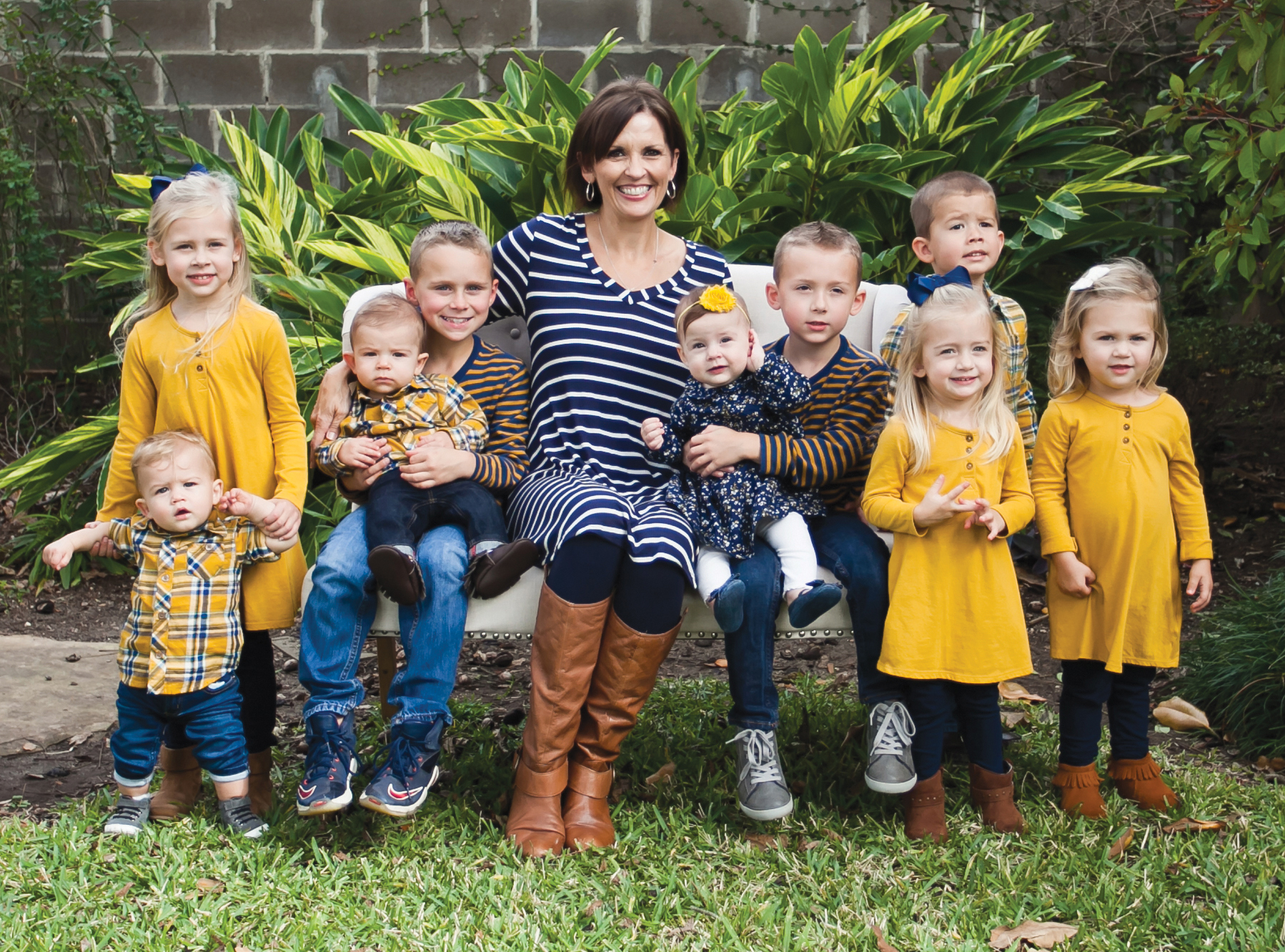
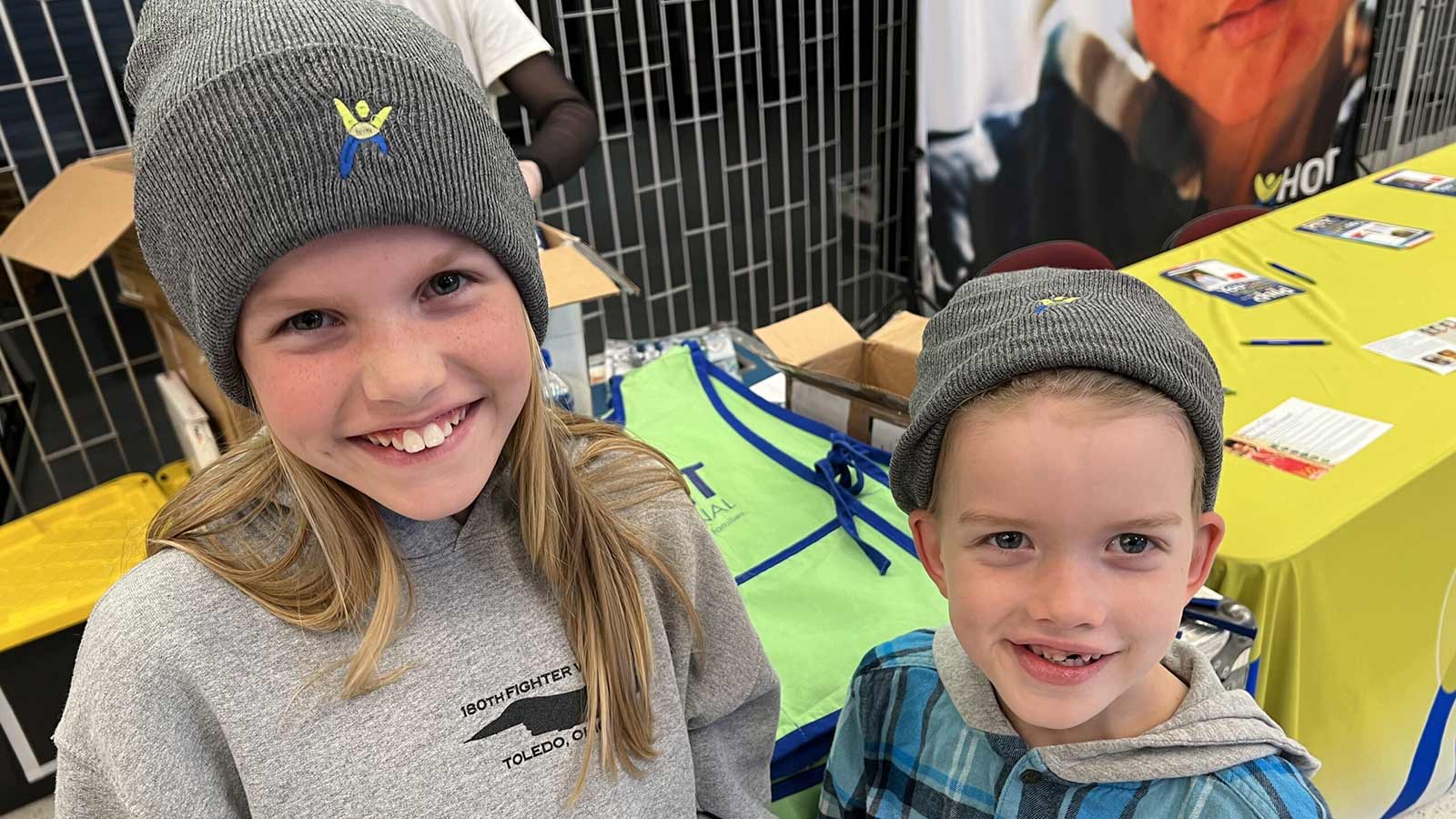
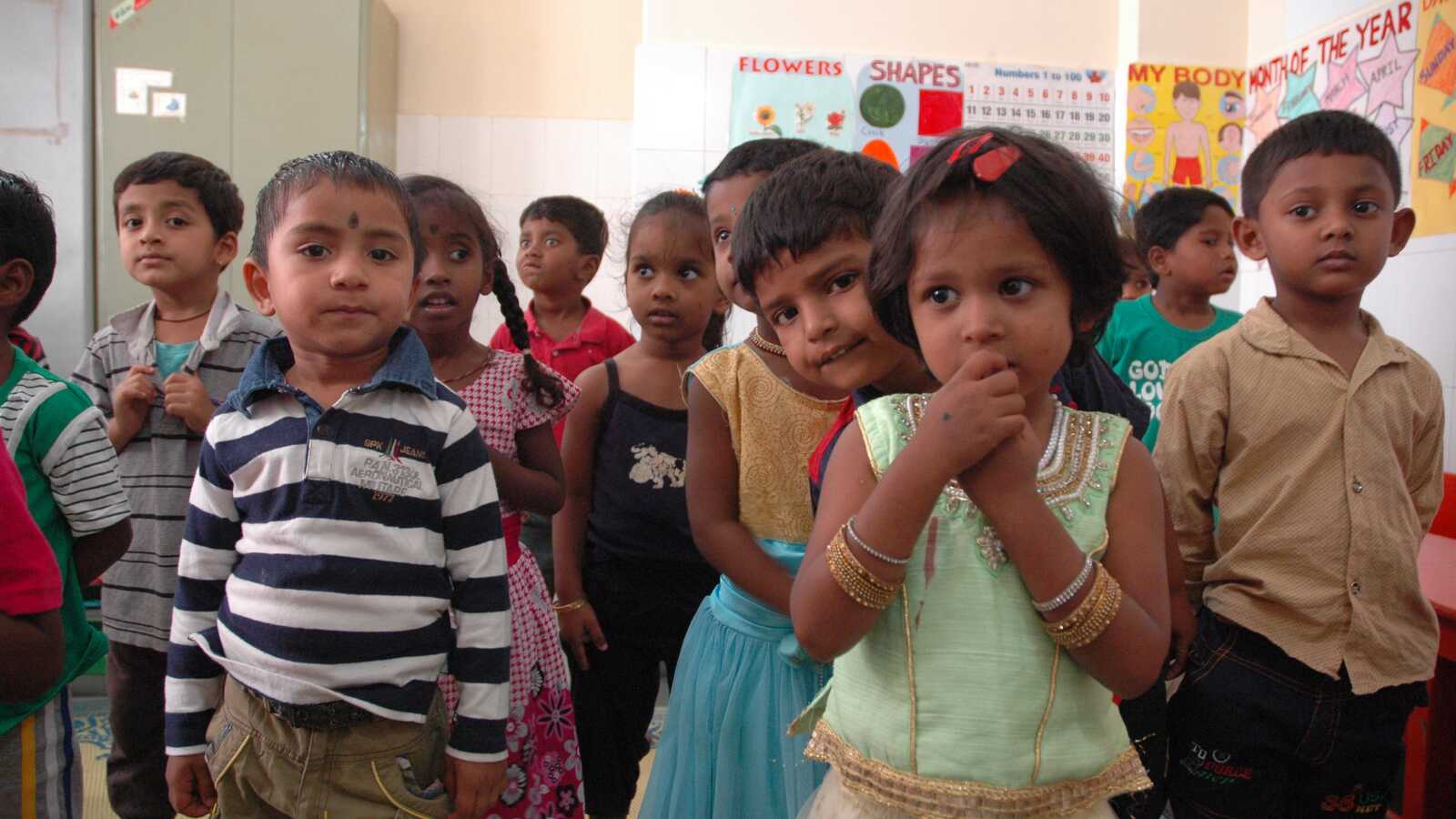


I am so impressed at the many ways Holt is helping and educating the world. I am inspired!